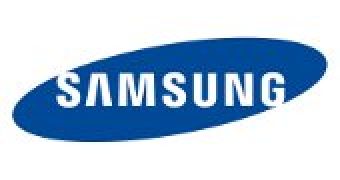As is the case with all sorts of semiconductors, NAND Flash chips and the technologies used to make them are getting better, and Samsung has just issued a press release to announce that it has begun manufacturing new chips based on its latest process.
As the manufacturing process technologies get more advanced, the chips based on them gain benefits in terms of capacity and power draw, among other things.
The new products that Samsung has started to manufacture are 3-bit-per-cell MLC (multi-level cell) NAND Flash chips based on the 20nm process technology.
The chips have a capacity of 64Gb, which translates into 8GB and, according to the announcement, should have a productivity rating about 60% higher than the 30nm, 32Gb 3-bit NAND.
Of course, the company has been making 20nm-based 32Gb MLC NAND as well, since April to be exact, though they may or may not soon be completely replaced.
The high capacity of the newer chips is expected to prompt UFDs (USB Flash Drives) and SD cards, as well as smartphones and solid state drives (SSDs), to adopt Toggle DDR-based high-performance flash.
"Samsung has repeatedly provided the market with leading-edge NAND flash solutions, including the introduction of 30nm-class, 32Gb 3-bit NAND flash last November," said Seijin Kim, vice president, Flash Memory Planning/Enabling, Samsung Electronics.
"By now entering into full production of 20nm-class 64Gb 3-bit devices, we expect to accelerate adoption of our high-performance NAND solutions that use Toggle DDR technology, for applications that also require high-density NAND," Kim added.
Unfortunately, there is no way of knowing exactly how long it will take for the newcomers to actually start showing up the aforementioned hardware.
Still, since Samsung expects these 20nm 64Gb chips to replace the previous 32Gb (4GB) devices that already exist on the market, the signs of transition should start to be seen soon.

 14 DAY TRIAL //
14 DAY TRIAL //